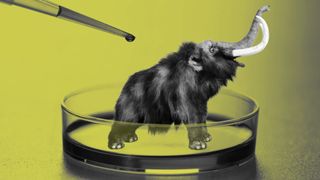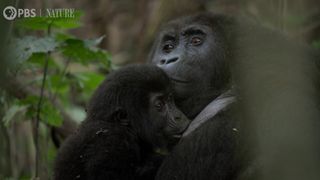Animals
Explore Animals
Editor's Picks
Latest about Animals
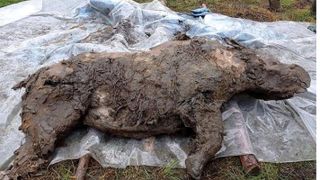
32,000-year-old mummified woolly rhino half-eaten by predators unearthed in Siberia
By Sascha Pare published
Researchers found the carcass in August 2020 in Russia's Sakha Republic, and the discovery has revealed a never-before-seen characteristic of woolly rhinos: a fatty hump on the animal's back.
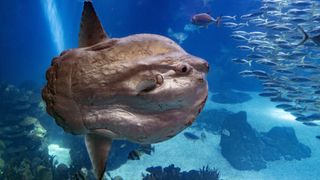
Which animal can have the most babies at one time?
By Katherine Irving published
How many offspring an animal can have depends on many factors, such as whether they're aquatic and how they get around.
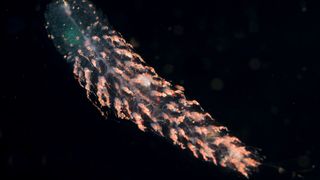
Siphonophores: The clonal colonies that can grow longer than a blue whale
By Lydia Smith published
Siphonophores are unusual animals made up of individual organisms called "zooids," which each have a distinct function — despite being genetically identical.
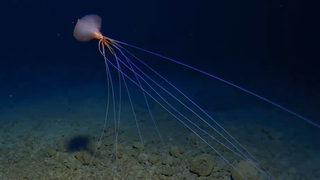
Watch extremely rare footage of a bigfin squid 'walking' on long, spindly arms deep in the South Pacific
By Sascha Pare published
While exploring the Tonga Trench in the Southwestern Pacific Ocean, researchers captured extremely rare footage of a Magnapinna squid with arms several times the length of its body.
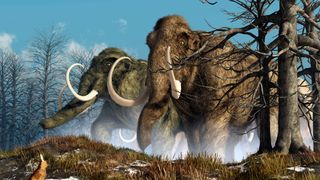
Pollen allergies drove woolly mammoths to extinction, study claims
By Sascha Pare published
A boom in vegetation at the end of the last ice age may have created so much pollen, it blocked mammoths' sense of smell. A new study suggests this drove the beasts to extinction, but not everyone agrees.
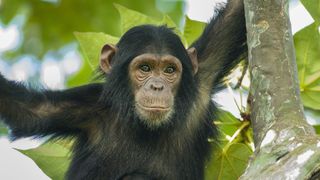
32 of the world's smartest animals
By Margaret Osborne published
Though measuring animal intelligence is tricky, some animals show remarkable cognitive abilities that may rival our own.
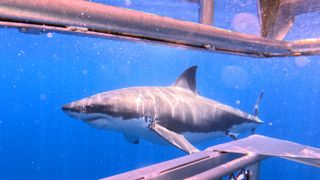
How did sharks become Earth's 'ultimate survivors'? Paleontologist John Long finds answers in new book 'The Secret History of Sharks'
By Patrick Pester published
"The Secret History of Sharks" author John Long met with Live Science to discuss his new book, recent revelations about megalodons, and how he got over his fear of great whites.
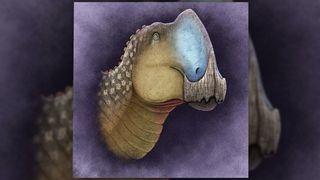
Duck-billed dino with absolutely enormous honker unearthed in Mexico
By Sierra Bouchér published
The newly named dinosaur is unique to Mexico, and it's helping change scientists' understanding of dinosaur ranges across the Americas.
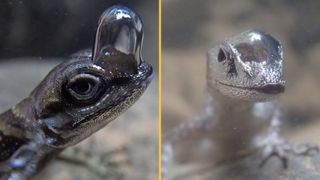
'Scuba-diving' lizards breathe underwater by wearing air bubbles on their noses — just like in a cartoon
By Elise Poore published
Scuba-diving lizards use bubbles to stay submerged in water for long periods of time.
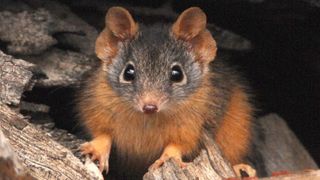
Antechinus: The tiny marsupials where males have sex until they die — then females eat their corpses
By Hannah Osborne published
All species in the antechinus genus have the same frenzied mating system, where males have sex until they die from organ failure, then the females gobble up their corpses.
Sign up for the Live Science daily newsletter now
Get the world’s most fascinating discoveries delivered straight to your inbox.
